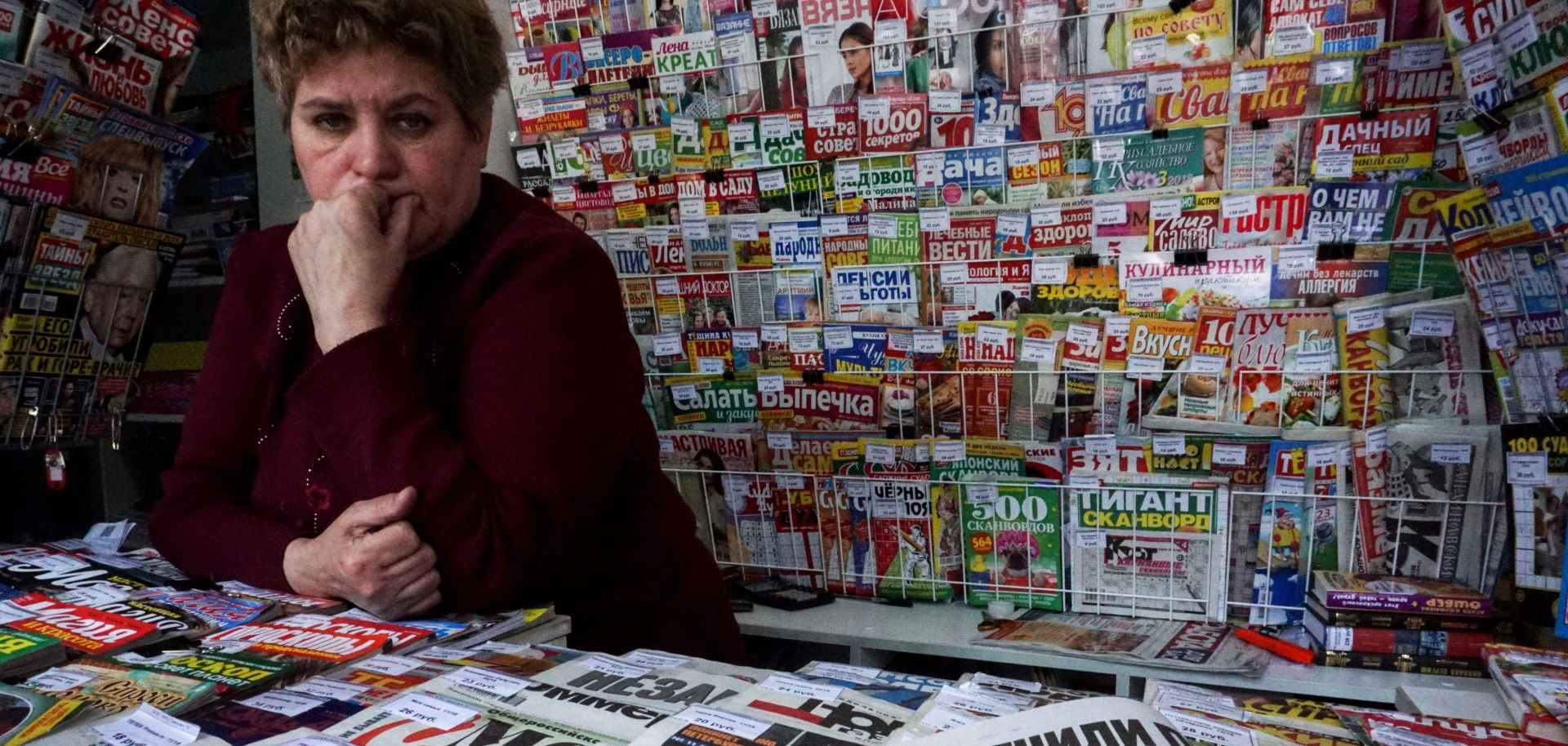COLUMNS
To Russia With Caution

Mar 20, 2018 | 08:00 GMT

Russia has been particularly truculent in response to waves of international condemnation following a recent high-profile assassination attempt.
(KIRILL KUDRYAVTSEV/AFP/Getty Images)
Highlights
- Tensions between the West and Russia are ratcheting up in the wake of the nerve agent attack on Sergei Skripal.
- The heightened hostilities will make day-to-day operations more challenging for foreign companies, nongovernmental organizations and journalists working in Russia.
- In addition to the threat of government surveillance and harassment, foreigners will likely be the targets of increased violence from nationalists and nationalist gangs.
Subscribe Now
SubscribeAlready have an account?
